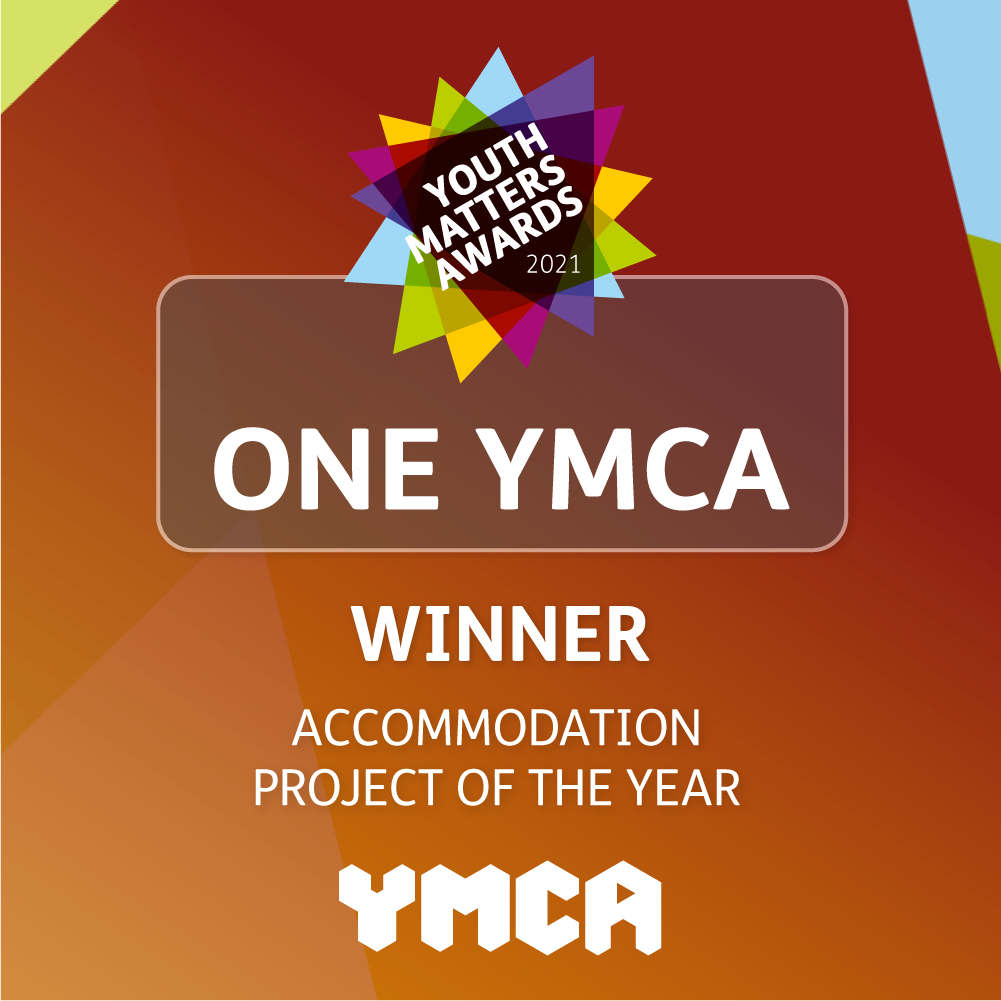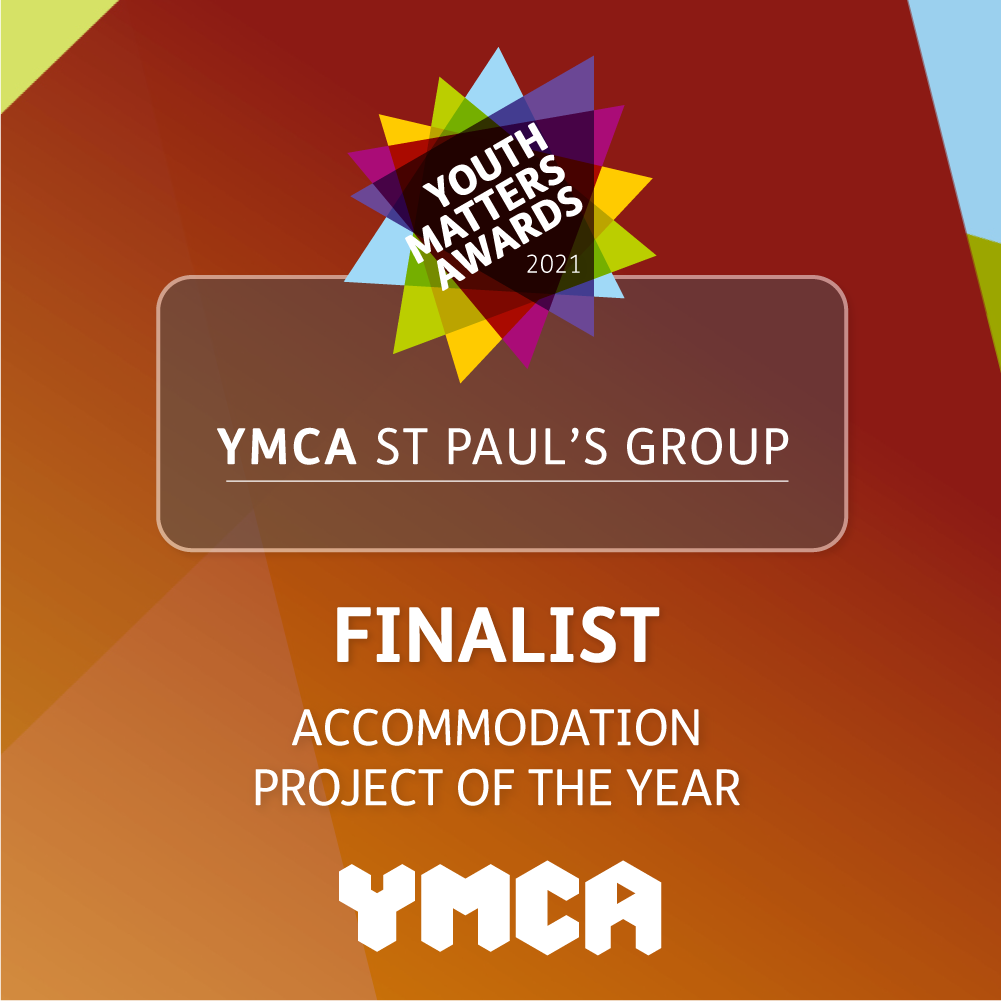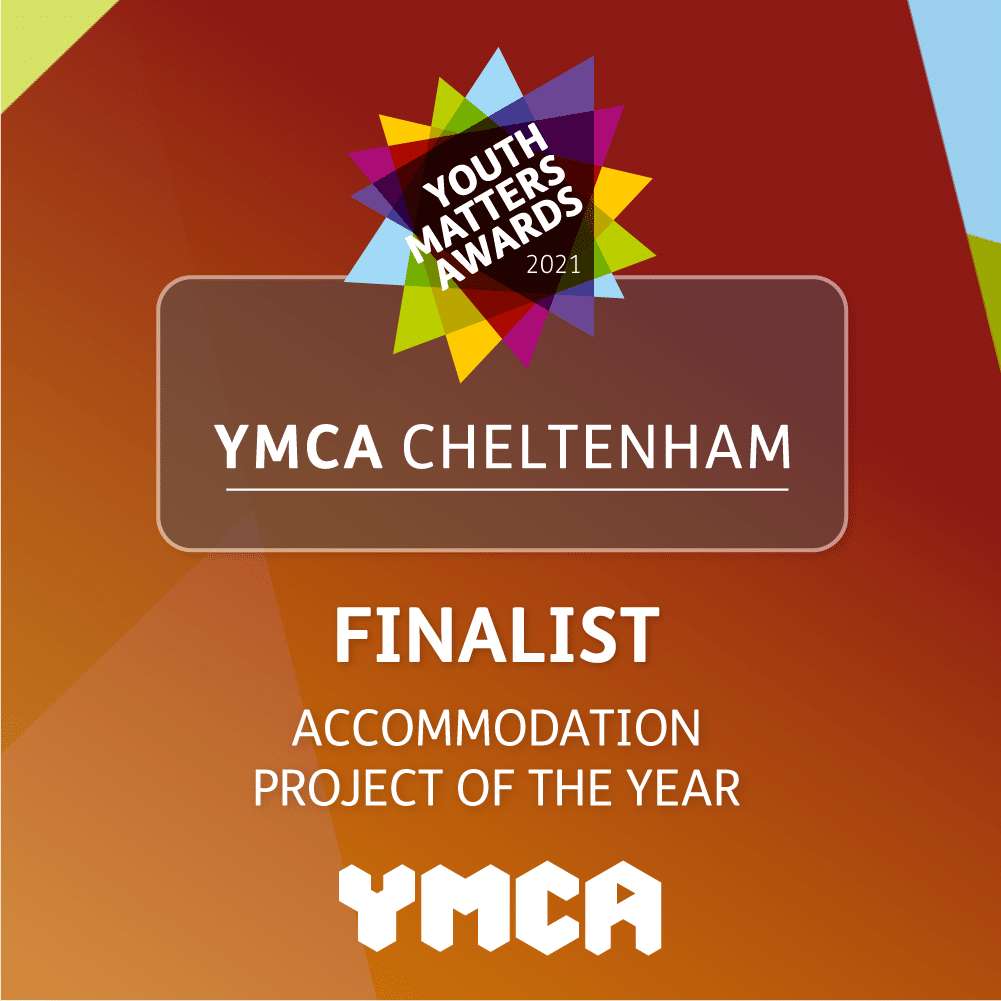In March 2020, when the call for ‘everyone in’ was issued, there were 83 known rough sleepers in Watford, all of whom were entrenched, had complex needs and demonstrated highly challenging behaviours.
It was clear that unless something radical were done, this group would not only be in a life-threatening situation themselves but there would also be a huge transmission risk for the wider community.
One YMCA stepped in and made it their mission to adapt, innovate and deliver to ensure this community were able to truly belong, contribute and thrive. As of March 2021, there were no active rough sleepers in Watford.
The MCISS utilises highly experienced mental health, offending and substance misuse specialists to deliver goal-orientated support on a trauma-informed basis. This combined approach ensures that the right type and amount of support is delivered in the right way, at the right time.
As a result, MCISS have created multiple micro-communities of only 22 residents, each with a dedicated team operating a secure and psychologically informed environment and delivering a highly effective service.
This approach has already seen 14 residents move on, as well as notable improvements in relation to substance misuse, and 100% of residents engaging with support and paying rent.


